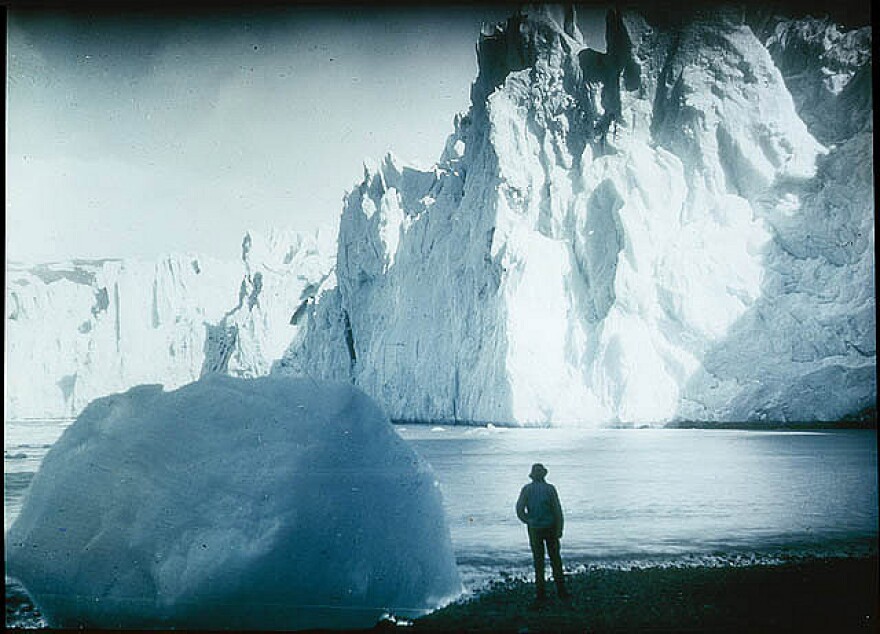It’s a frequently shared adage in publishing that only 3 percent of the books published in the United States are translations from books originally written in another language. Although that exact statistic is sometimes debated, the idea that it’s almost impossible to get a translation project published remains. And yet some are able to make it work.
Local theater director and literary translator Philip Boehm, 57, was recently awarded $12,000 from the National Endowment of the Arts to complete his translation of Ilija Trojanow's novel "The Lamentations of Zeno." The book follows the emotional and geographic evolution of the main character as he explores his fascination with glaciers and their disappearance due to global warming. We talked with Boehm about how he came to work in translation and this book in particular.
This interview was edited for clarity.
How did you get started translating?
I was in New York and a friend of mine mentioned they were looking for someone to translate a novel by Ingeborg Bachmann. I contacted the publisher and submitted a sample, and they chose my sample. And that was a very difficult book and a well-known book. Since then I have been fortunate to have a steady stream of offers in the literary translation world.
What interested you about translating this specific book?
I met the author who is a very interesting man. He would go around performing this entire novel by heart, which I’m not going to do in English. The premise of the book is fascinating. There are various books where people go off the deep end but the insight into the mind of this character, this glaciologist, is great and at the same time there’s social commentary that we’re not bludgeoned with. Formally it has complications as there are log entries, there’s smatterings of speech coming in over a marine radio. Imagine you have people coming in from everywhere, somehow I have to reconstitute that speech in English.
So how do you go about translation a story like this?
Translation at this level is really about your ability to write in English. What I do is I read the other book, the original, and I listen for the voices in the original. Then I try to imagine those voices in English. And that’s not dissimilar to what I do as a director in the theater because I’m looking at a script. I’m listening to voices and then I’m trying to reimagine those voices as they’re brought to life on stage by the actors. So much of it depends on how you’re going to write this in English.
The story is described as being about a troubled planet and a troubled soul. What exactly is meant by that?
Well you’ll have to read the book to find out everything! This troubled soul is someone from Bavaria who grew up in the Alps and he’s fascinated with ice and he’s fascinated by glaciers and he’s been looking at this glacier in the Alps ever since he was little. But due to global warming, this glacier has disappeared and a lot of the purpose of his life is challenged at the same time. He winds up in Antarctica as an tour guide, expedition leader. Yet he begins to question the environmental tourism and wonders what can be done and what he should do personally if he’s so committed to the cause. So we have someone who’s on the forefront of the global warming cause. At the same time, he is a troubled soul and we’re taken into different depths of his soul in the book.
What keeps you excited about translating in general?
You’d be amazed at the research you end up doing and for me that’s a lot of fun. For this book, for instance, I’ve had to do a lot of research on Antarctic ice. For other books I’ve had to research what carriages were like in Eastern Europe and the nomenclature used for carriage making. I’ve translated Herta Miller’s "The Hunger Angel," which takes place in the labor camp right after the war in the Soviet Union and these people were forced to shovel coal and there are different grades of coal. You just learn about the oddest things. At the same time it’s a challenge to find ways of reproducing these voices in English.
Boehm’s translation of Trojanow's novel "The Lamentations of Zeno" is expected to be published by New York-based Verso Books in spring 2016.




